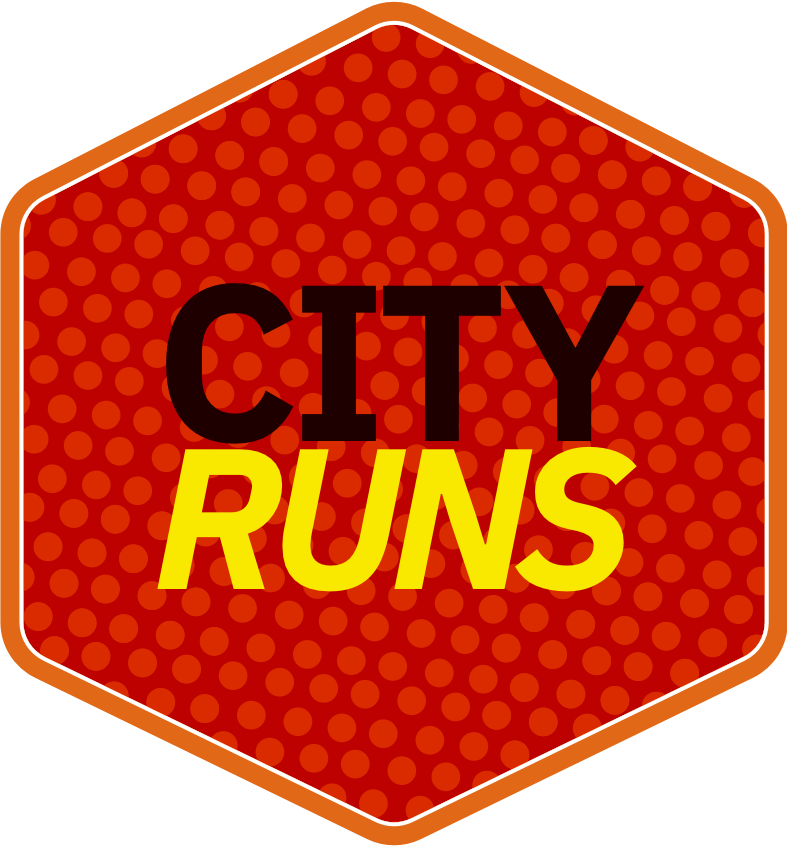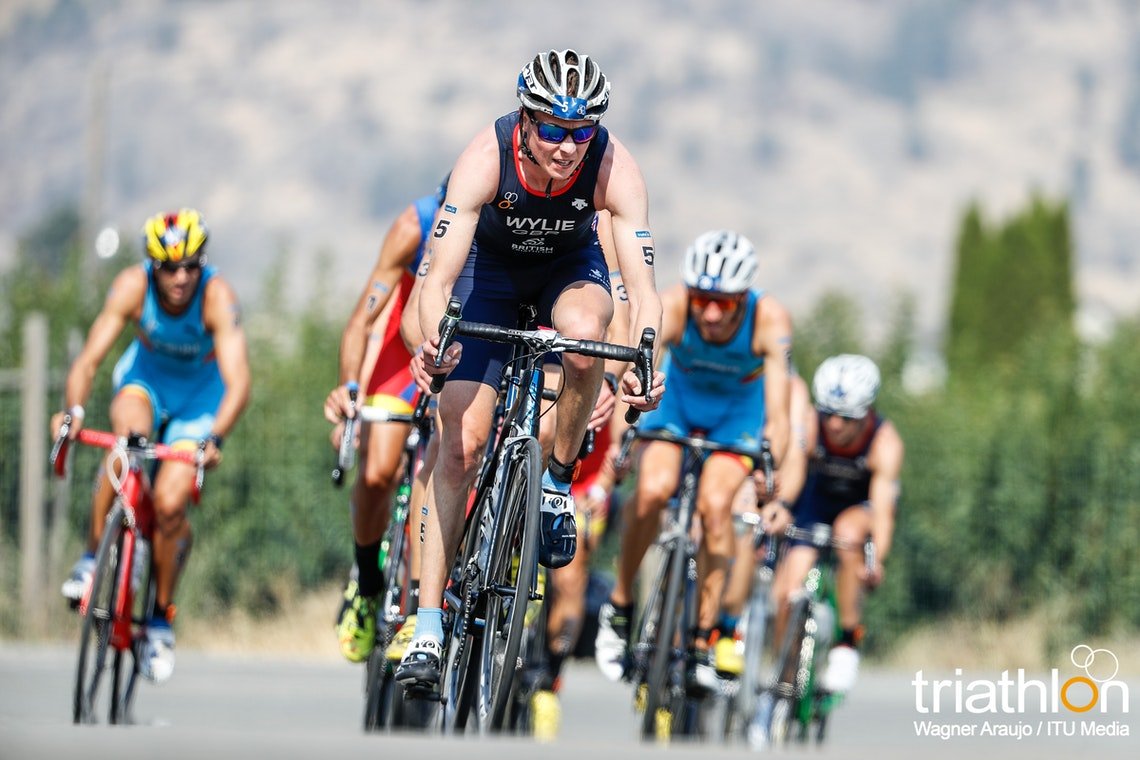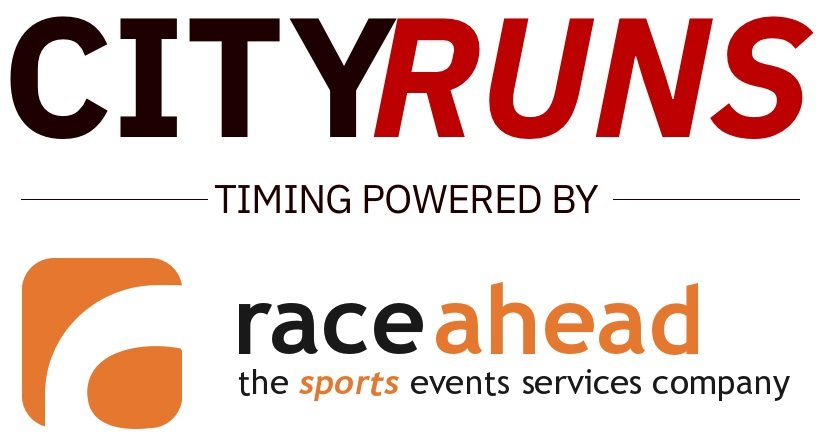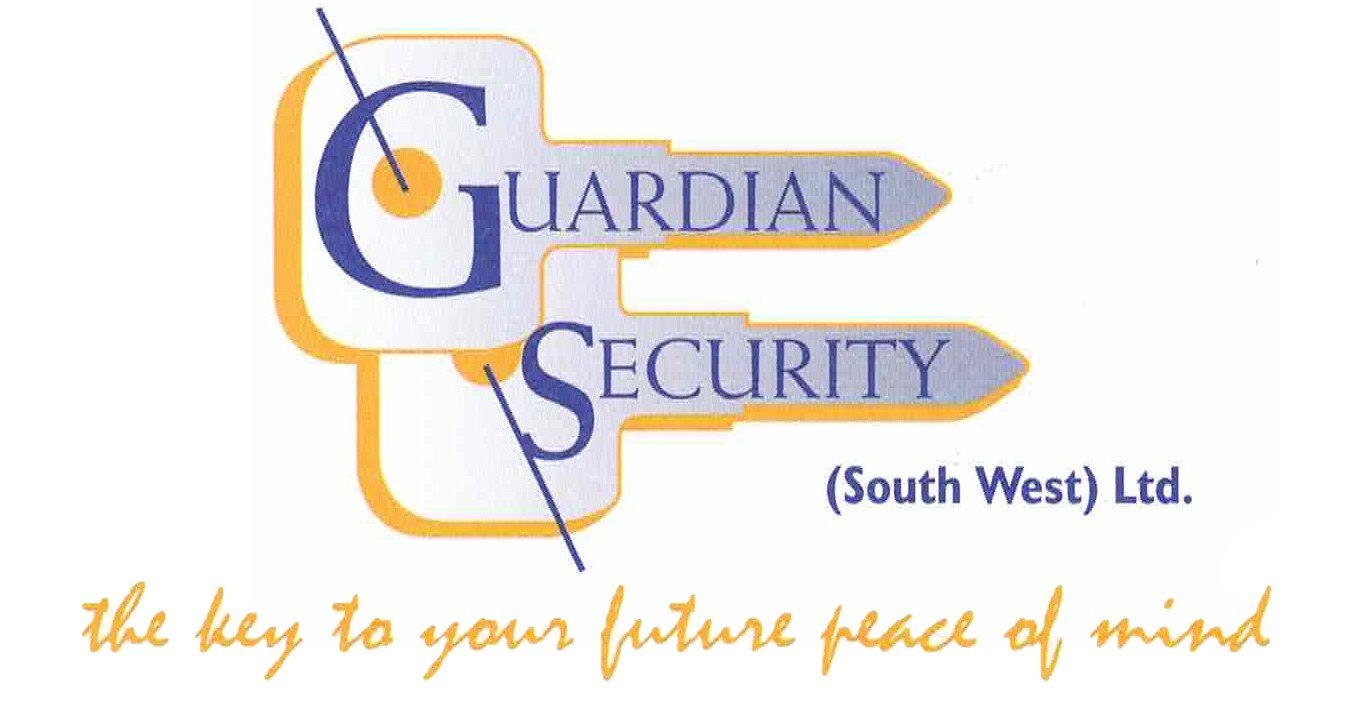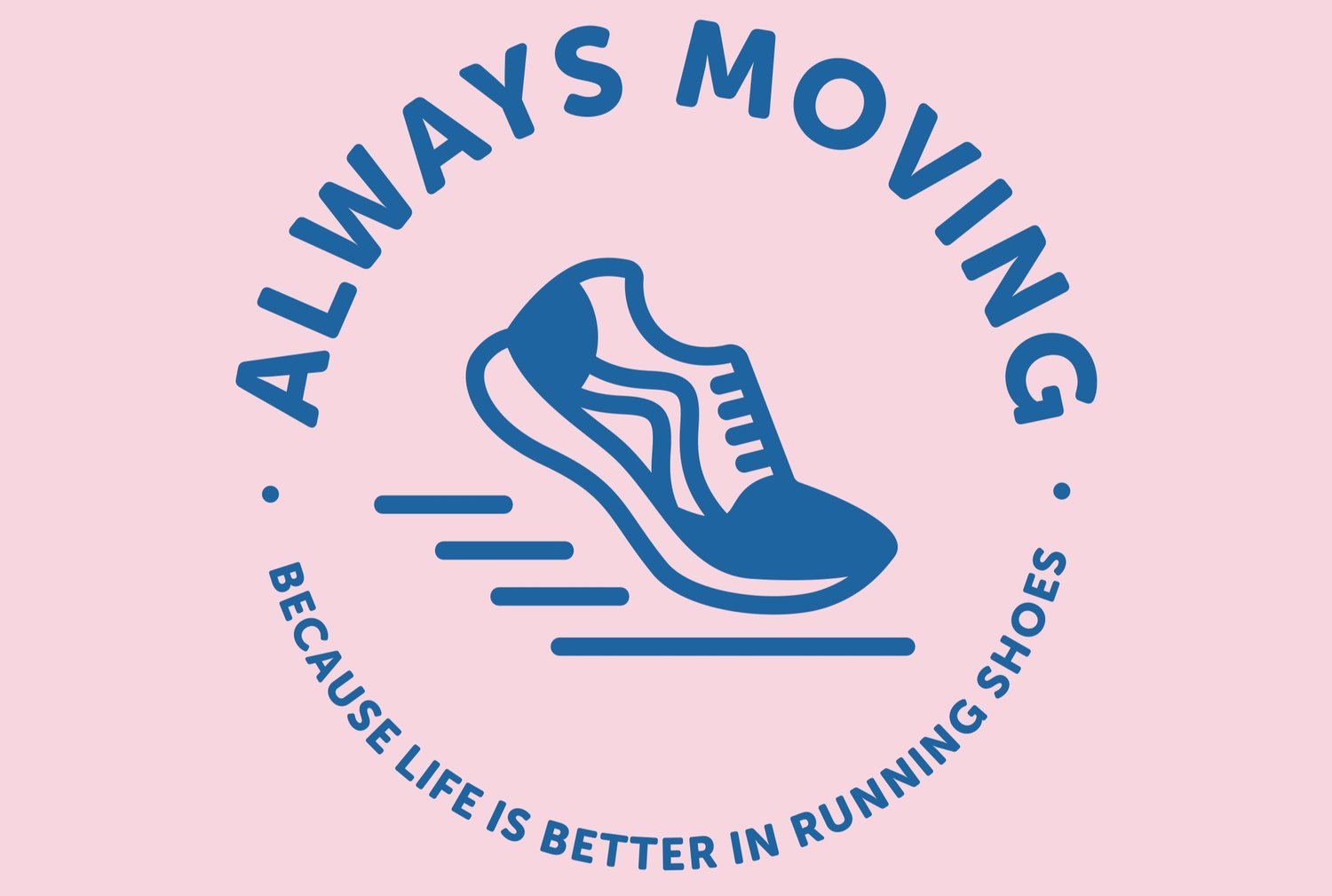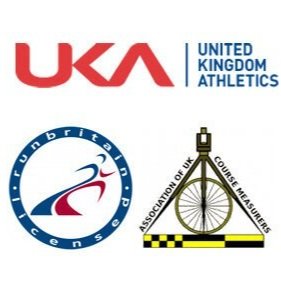COACHING BLOG
“Good runners train hard, great runners train smart”
Finding the perfect recipe to improve your running from 5k-marathon
Regardless of the distance you plan to race this season there are a few key principles that I have found/learned as an athlete and coach that are fundamental to making progress and achieving your goals. This post focuses on one of those principles:
Pace variation and melody.
All runners I meet are really motivated and driven regardless of age, ability or experience. They love running and are working hard to improve. However, I find there are fundamental differences between those who are progressing and excelling and those who are in plateau. Those who are excelling cover a broad range of paces and know when to run easy or hard and find their own appropriate melody of training stress.
The body responds and adapts to being challenged but this doesn’t mean you must just push, push, push in training. Quite the opposite! Providing a variety of stimuli makes the biggest difference and that means covering paces/effort levels from very easy up the continuum to pretty fast during your training blocks. Depending on the event you are training for and time available to train will determine how much time you might spend in the different pace ranges.
As an example, Olympic Marathon runners who have run 2.10hrs often do easy or recovery runs at 7.00-7.45mins/mile but at the higher end they run floats and faster bursts with some time spent at 4.38-4.45/mile. That’s a 3min difference from bottom to top end of range.
See the below link pace range continuum and reflect on your own training.
Do any of the below sound like you?
· My progress has plateaued despite trying lots of different things
· I run mainly within a narrow pace range e.g. S-5kp
· I run fast >25% or more than 1 out 3 of run sessions focus on speed
· I regularly feel tried/irritable/low mood
· I’m picking up little niggles or injuries
Running ‘quite’ fast lots of the time is a common mistake. I say ‘quite’ fast because typically those who do this never get to the ‘really’ fast paces or hard work due to residual fatigue created without the chance to recover and adapt. Equally, running in a narrow pace range or even ‘easy to steady’ mean there is minimal stimuli to encourage adaptation as you have nowhere to go when you hit the top of your (narrow) range.
So what should I do?
· Cover a variety of paces across a 10–14-day period
· Build into runs - don’t smash the first interval or race out of the door!
· Ensure easy runs are/feel easy so harder runs can be precisely that
· Add strides or speed work when time is tight in small bursts near the end of runs
· Make good choices. Off the shelf training plans rarely work because when you hit a cross roads I.e., feeling tired and the plan says a hard run, the plan doesn't change. You CAN make a change to suit your needs at the time.
Want to know more?
Why not join us this spring and summer for our 5k PB course and experience it first hand with 8 weeks of coaching.
Or, Get in touch for a FREE consultation about your run needs and some potential 121 coaching with me
Phil Wylie - Bio:
Triathlete, GB international duathlete and runner for the last 23 years. I started my own professional coaching company in 2018 ‘Phil Gets You Fit’ to help runners and multi-sport athletes from beginner to Elite level achieve their goals.
· 2x National Duathlon Champion
· 2x European Duathlon medallist
· Triathlon World AG Champion
· 29.30mins 10kpb
· 3rd fastest ever 10k by a MV40 (29.42mins)
